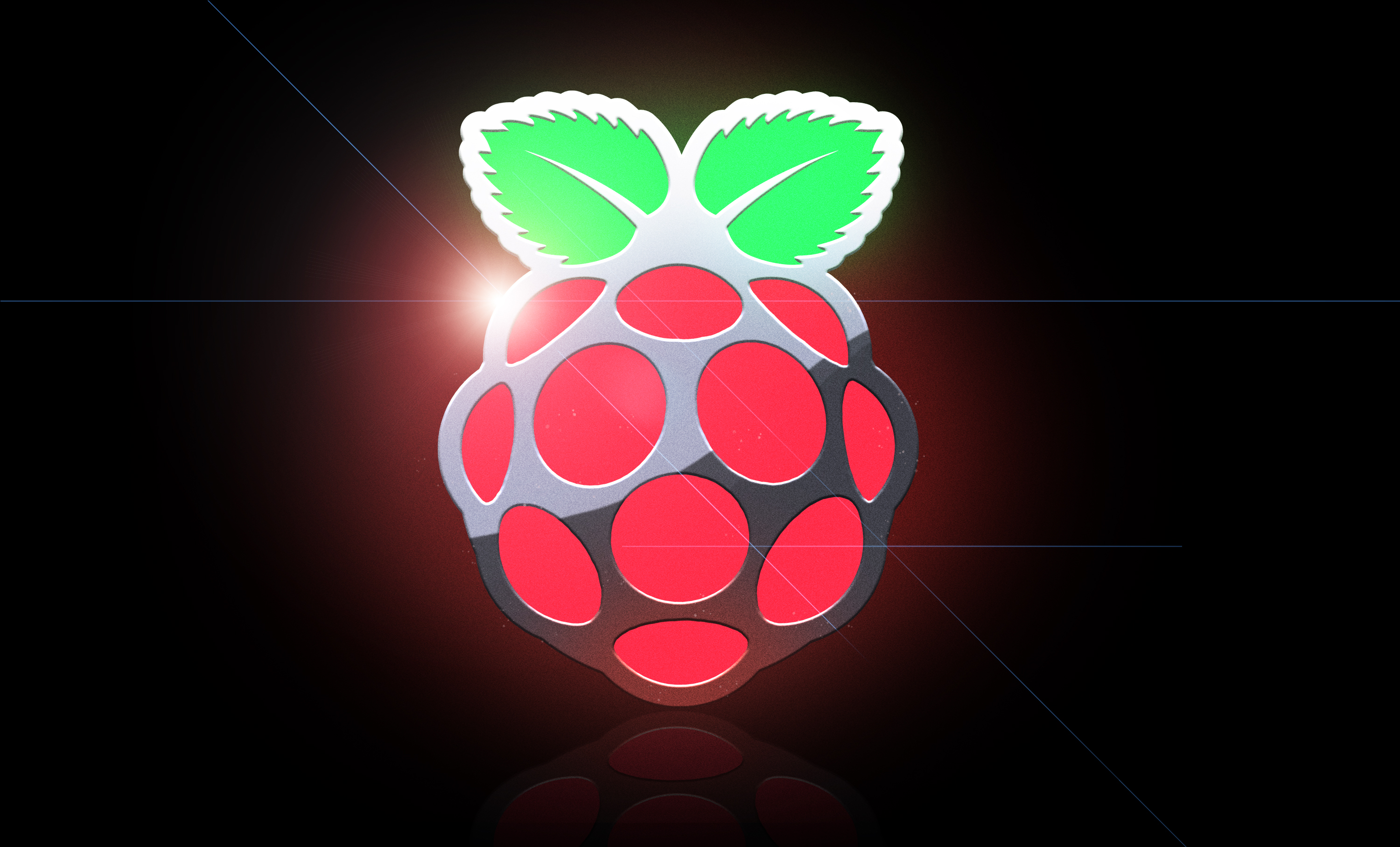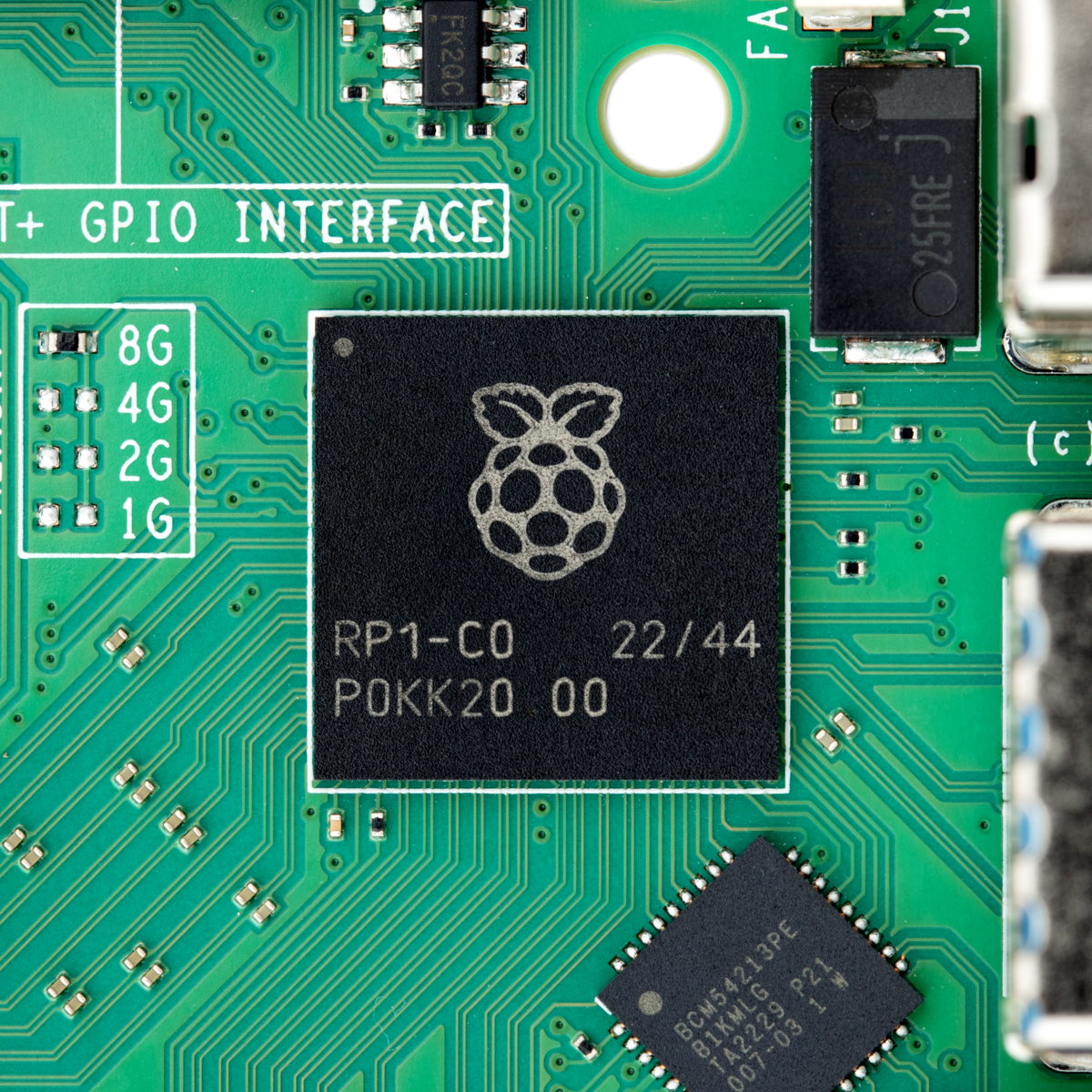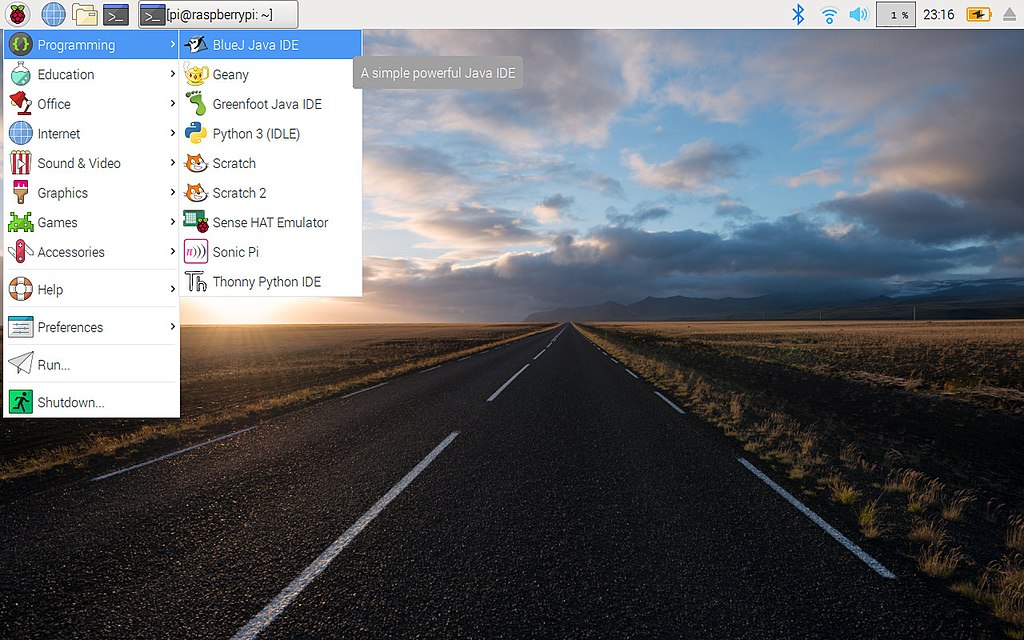Will There Be Any Pi Left For Us? [Hackaday]

Our world has been abuzz with the news that Raspberry Pi are to float on the London Stock Exchange. It seems an obvious move for a successful and ambitious company, and as they seem to be in transition from a maker of small computers into a maker of chips which happen to also go on their small computers, they will no doubt be using the float to generate the required investment to complete that process.
New Silicon Needs Lots Of Cash

When a tech startup with immense goodwill grows in this way, there’s always a worry that it could mark the start of the decline. You might for instance be concerned that a floated Raspberry Pi could bring in financial whiz-kids who let the hobbyist products wither on the vine as they license the brand here and there and perform all sorts of financial trickery in search of shareholder value and not much else. Fortunately we don’t think that this will be the case, and Eben Upton has gone to great lengths to reassure the world that his diminutive computers are safe. That is however not to say that there might be pitfalls ahead from a hobbyist Pi customer perspective, so it’s worth examining what this could mean.
As we remarked last year, the move into silicon is probably the most important part of the Pi strategy for the 2020s. The RP2040 microcontroller was the right chip with the right inventory to do well from the pandemic shortages, and on the SBCs the RP1 all-in-one peripheral gives them independence from a CPU house such as Broadcom. It’s not a difficult prediction that they will proceed further into silicon, and it wouldn’t surprise us to see a future RP chip containing a fully-fledged SoC and GPU. Compared to their many competitors who rely on phone and tablet SoCs, this would give the Pi boards a crucial edge in terms of supply chain, and control over the software.
Raspberry Pi Are A Software Company. Yes, Really.

We see a future risk in the flotation from a hobbyist perspective though, when it comes to that software. Oddly there is a convincing argument to be made that Raspberry Pi is not a hardware company but a software one. This is not because their product isn’t physical boards, but because it’s not the board which makes a Pi such a safe bet. There are a lot of other companies making Pi clones which are every bit as good as the Pi on paper, but what makes the Pi special is that almost none of them come with the breadth of software support that we see on the boards from Cambridge. If I buy a Pi I have been able to rely on OS updates and new kernels for over ten years now, a record that’s completely unmatched by their competitors except maybe the likes of the BeagleBone. So when I buy a Pi, if I want to use it, I’m really in most cases buying it for Raspberry Pi OS, not the PCB.
That risk comes in Raspberry Pi OS being a freely available open source operating system, which is behind the phenomenal success of the Pi line, but which is not a revenue stream for them in itself. We can’t see Eben Upton and the Pi people doing this, but if we were to imagine a corporate in the grip of hard-nosed bean counters, we could also imagine the prospect of trying to monetise their software crossing their minds. After all, it would hardly be the first time this has happened.
The Hackaday crystal ball is cloudly, but our view is that an expanded Raspberry Pi is more likely to go on to greater things than to make such a faux pas as we’ve described above. We look forward with anticipation to future RP silicon, and we’ll bring you more on the float as it appears. It’s worth remembering though, that the next decade is also likely to produce exciting developments in open source hardware. Will Hackaday readers be so worried about the direction of a commercial board when they can load a RISC-V SoC onto an FPGA without breaking the bank? The next few years are going to be exciting.

![will-there-be-any-pi-left-for-us?-[hackaday]](https://i0.wp.com/upmytech.com/wp-content/uploads/2024/02/166206-will-there-be-any-pi-left-for-us-hackaday-scaled.jpg?resize=800%2C445&ssl=1)